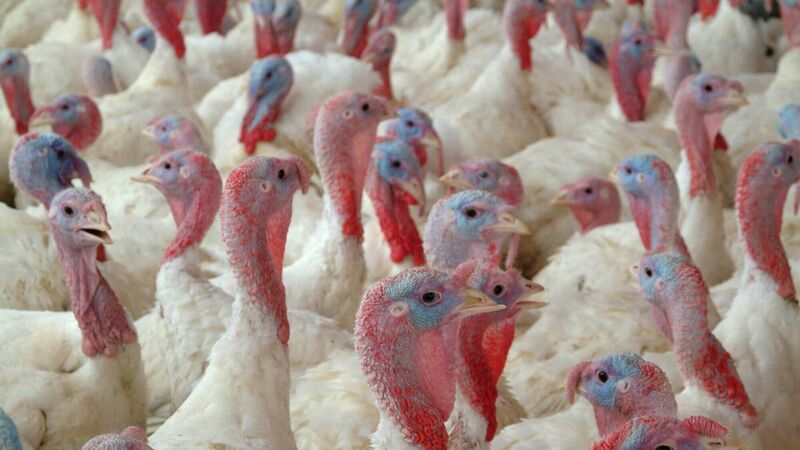Concern as a second case of avian influenza is confirmed on an Irish farm

The department is currently engaged in the depopulation of the flock to reduce the risk of spread in what is high-density poultry area. File Picture:
Try from €1.50 / week
SUBSCRIBEA second case of avian influenza has been confirmed on an Irish farm in less than a week, officials from the Department of Agriculture, Food and the Marine told the Irish Examiner.
Its detection comes less than three days after the first case was detected on a turkey farm in Co Monaghan.
Already a subscriber? Sign in
You have reached your article limit.
Annual €130 €80
Best value
Monthly €12€6 / month
Introductory offers for new customers. Annual billed once for first year. Renews at €130. Monthly initial discount (first 3 months) billed monthly, then €12 a month. Ts&Cs apply.
Newsletter
Keep up-to-date with all the latest developments in Farming with our weekly newsletter.
Newsletter
Keep up-to-date with all the latest developments in Farming with our weekly newsletter.
Newsletter
Sign up to the best reads of the week from irishexaminer.com selected just for you.
Newsletter
Keep up with stories of the day with our lunchtime news wrap and important breaking news alerts.
Saturday, February 7, 2026 - 9:00 PM
Saturday, February 7, 2026 - 9:00 PM
Saturday, February 7, 2026 - 11:00 PM
© Examiner Echo Group Limited